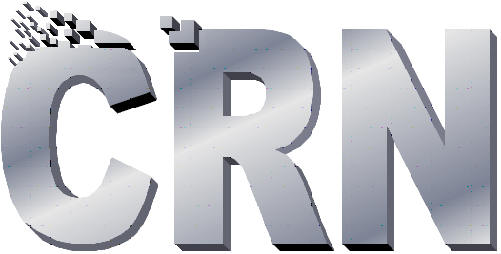|



New!
Nanotech Scenario Series









Join the
conversation at
CRNtalk!
| |
PRESS RELEASE: JANUARY 17, 2003
Nanotech Could Be a Tragedy or a Triumph
A new non-profit organization has been formed to investigate the effective use
of advanced nanotechnology. The Center for Responsible Nanotechnology (CRN)
was founded by Chris Phoenix and Mike Treder in December 2002. The vision of
CRN is a world in which nanotechnology is widely used for good, while
malicious uses are limited by effective administration of the technology.
Mike Treder, Executive Director of CRN, is a business professional with a background in
technology and communications company management. “Since the 1980’s, when Eric
Drexler wrote Engines of Creation, many of us have dreamed of a world with
cheap, non-polluting, innovative manufacturing capability,” said Treder. “That
dream is now within sight—but so also is the nightmare of accidental or
deliberate misuse.”
Nanotechnology refers to the concept of building complicated machines out of
precisely designed molecules. With devices only a few
nanometers wide, it will
become possible to build a supercomputer smaller than a grain of sand; a
weapon smaller than a mosquito; a self-contained factory that sits on your
kitchen counter.
Chris Phoenix, CRN’s Director of Research, is an inventor, entrepreneur, and
published author in the fields of nanomedicine, nanomanufacturing, and
administration of nanotechnology. “We believe that even a technology as
powerful as nanotechnology can be used wisely and well—but that without
adequate information, unwise use will be far too common,” said Phoenix. “The
humanitarian potential is vast, and opportunities for economic benefit are
astronomical, but so is the potential for abuse.”
In order to provide well-grounded and complete information, CRN is researching
all the issues involved—political, economic, military, humanitarian, and
technological issues—and will devise and present workable proposals. “We see
our role primarily as educational,” said Phoenix. “The problems are large, but
we are finding good solutions. The more we investigate, however, the more
urgency we see. Practical molecular nanotechnology may not be far away and we
must not be caught unprepared.”
“The potential dangers are ominous, and the possible benefits are enormous,”
added Treder. “The human race can’t afford to do this wrong.”
|
